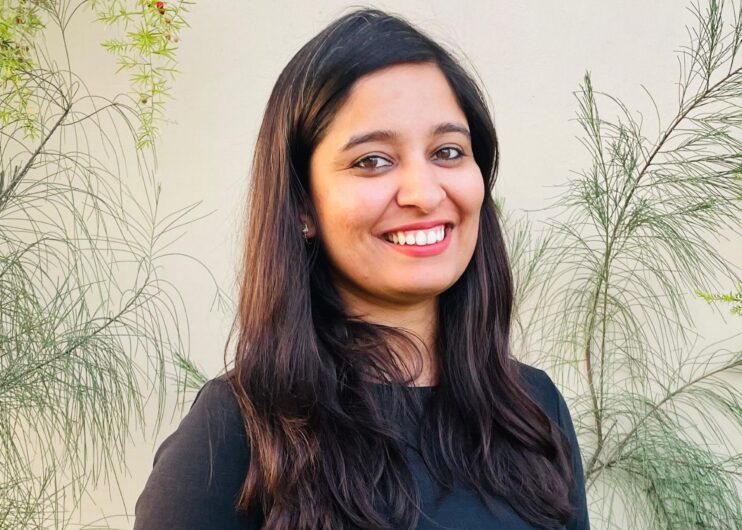Urban Planner with over 10 years of experience in advancing gender-inclusive, safe, and sustainable urban development. Currently serving as Associate Director at Safetipin, she leads multi-stakeholder programs that integrate a gender lens in urban development, mobility and transport projects, and strategic collaborations to create safer public spaces—especially for women and marginalised groups.
Her work sits at the intersection of urban development, gender equity, data-driven design, and climate. Has worked closely with city governments, international organisations, and civil society partners to shape policies and design interventions that transform cities into inclusive, responsive environments. Beyond operations and strategy, she brings a strong foundation in research and policy, with published work on themes like women and urban transport and South-South cooperation in urban development.
Selected publications or texts
| Selected publications or texts Safetipin (2024), LMGP: A Framework on Urban Wellbeing for Young People, Gupta N, Viswanath K, Vyas S, Gupta M. Fixed and Safetipin (2022), Guidebook on Safe Women Safer Cities, Holtmann B, Jokia L, Vyas S. World Bank (2021), Colombo – Safety Audit Report , Vyas S, Mehta S, Kapoor A; Viswanath K. KDI and TAF (2018), Shifting to Planned Urbanization in Asia: Building Safe and Inclusive Cities Using Crowdsourced Data, Viswanath, K, Vyas, S. ITDP and Safetipin (2017), Women and Transport in Indian Cities Shah S, Viswanath K, Vyas S, Gadepalli S. GIZ India (2016), Review of Status of Marine National Park, Jamnagar: Evolving a Vision Statement for Management of MNP, R. Magotra, M. Kumar, P. Pandey, A. Kaushik, S. Vyas and M.K. Gupta |
Selected speaking engagements
- World Urban Forum 2020, 2022
- UN Women Global Forum on Safe Cities and Safe Public Spaces
- Women in Transport Africa Conference
- Tunis Forum on Gender Equality
- Smart City Congress
Awards and recognitions
Her work sits at the intersection of urban development, gender equity, data-driven design, and climate. Has worked closely with city governments, international organisations, and civil society partners to shape policies and design interventions that transform cities into inclusive, responsive environments. Beyond operations and strategy, she brings a strong foundation in research and policy, with published work on themes like women and urban transport and South-South cooperation in urban development.
